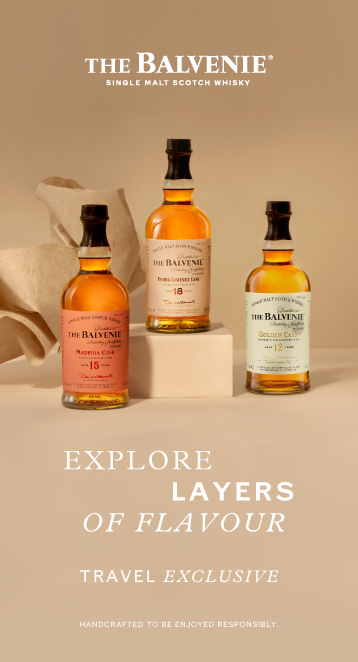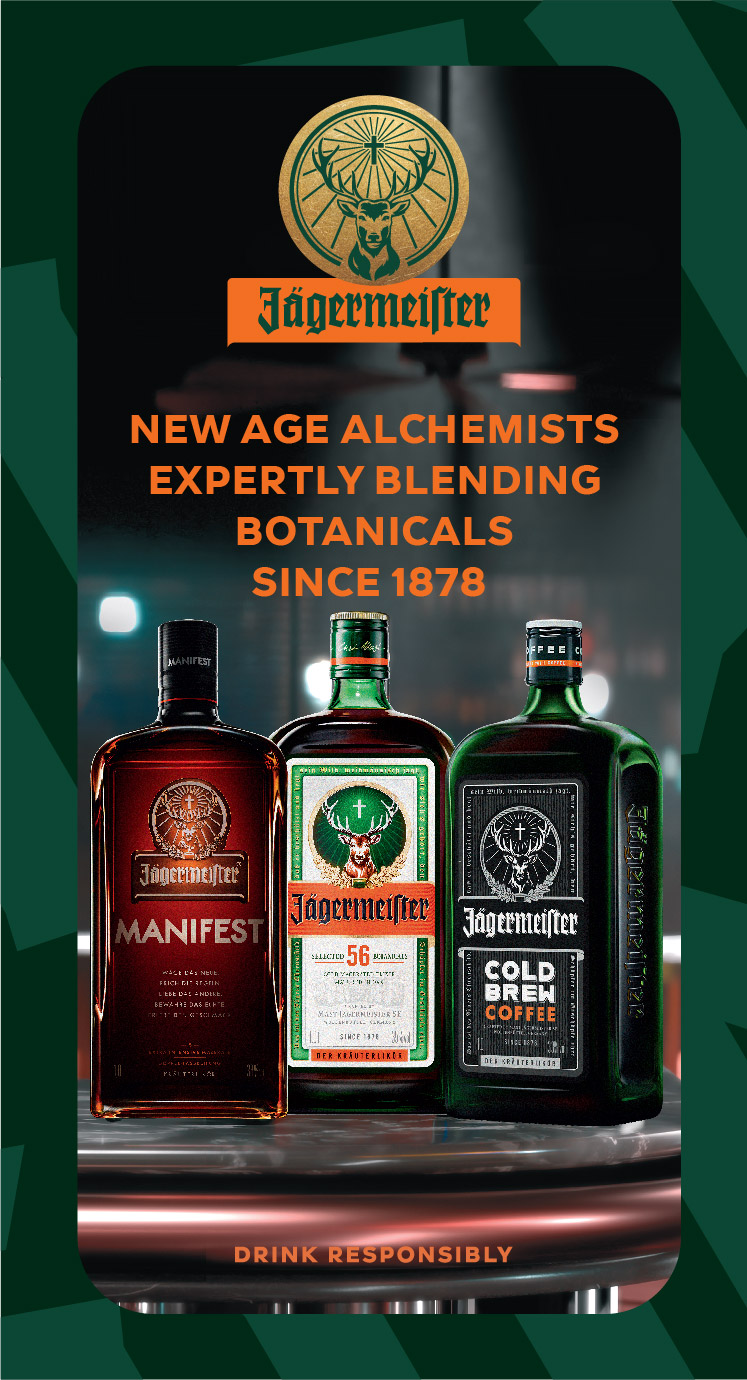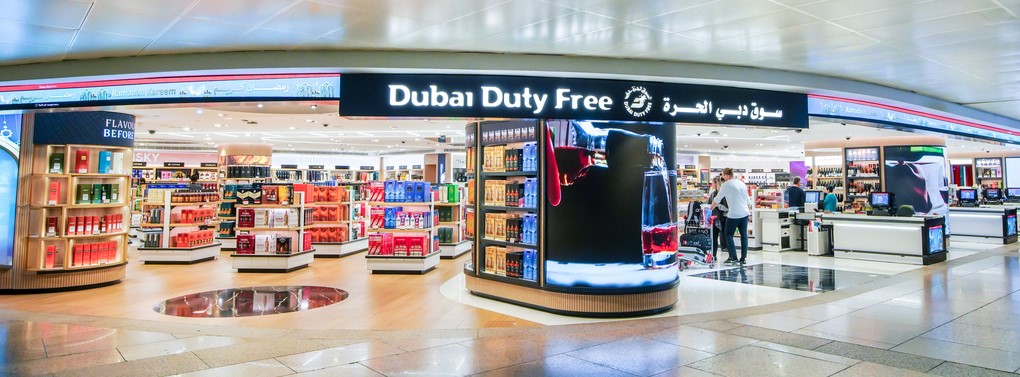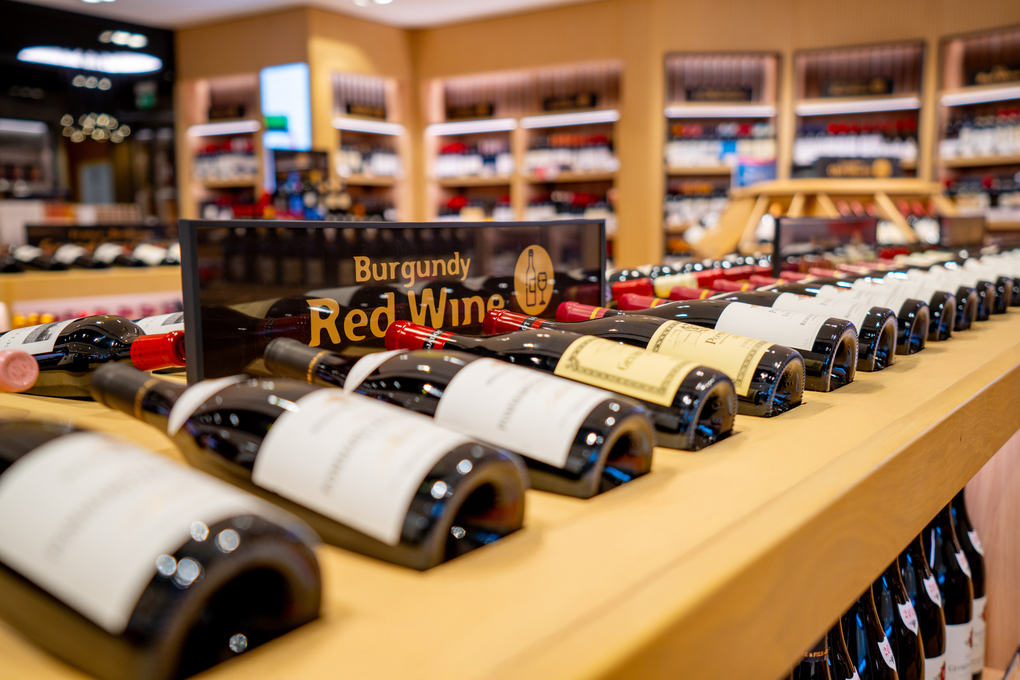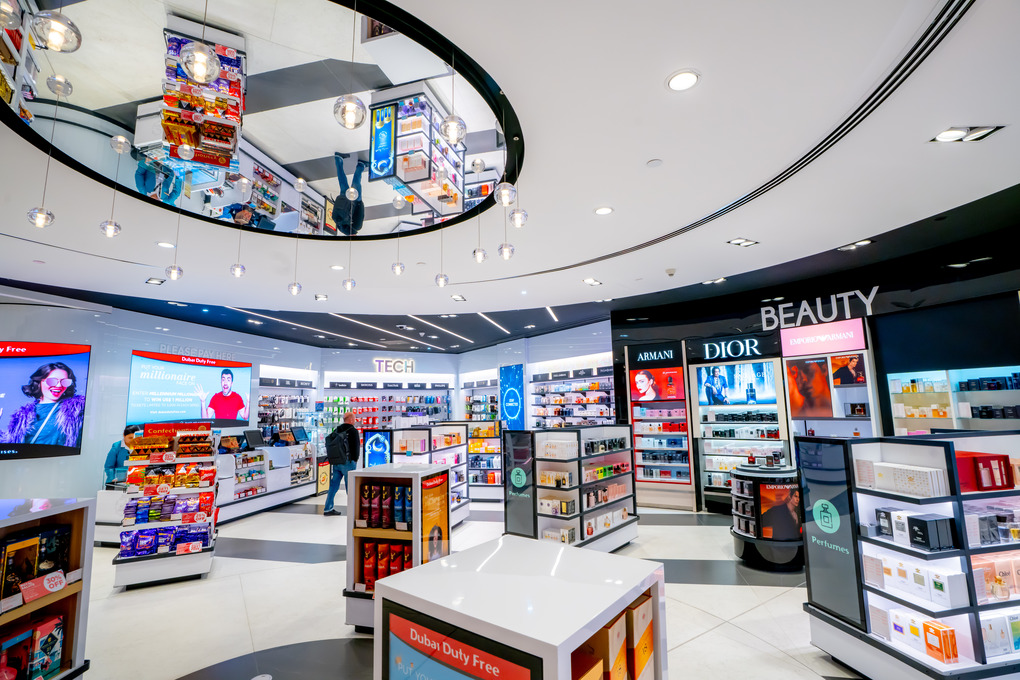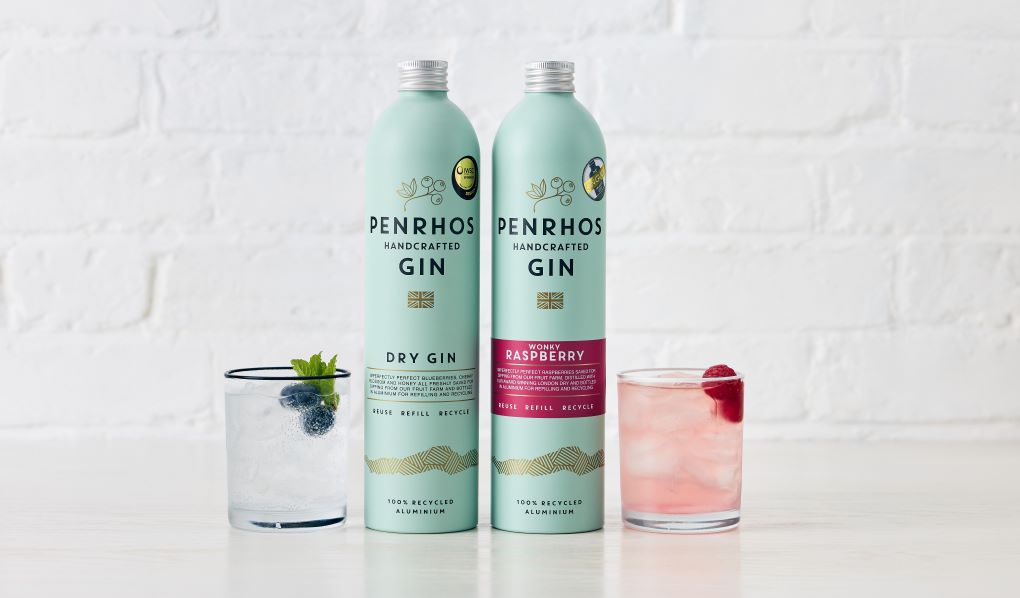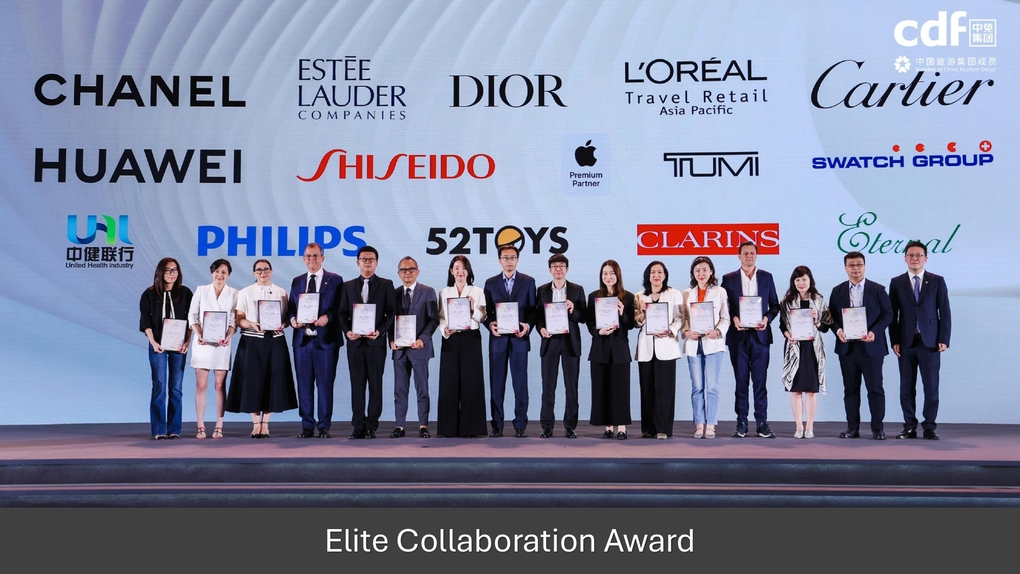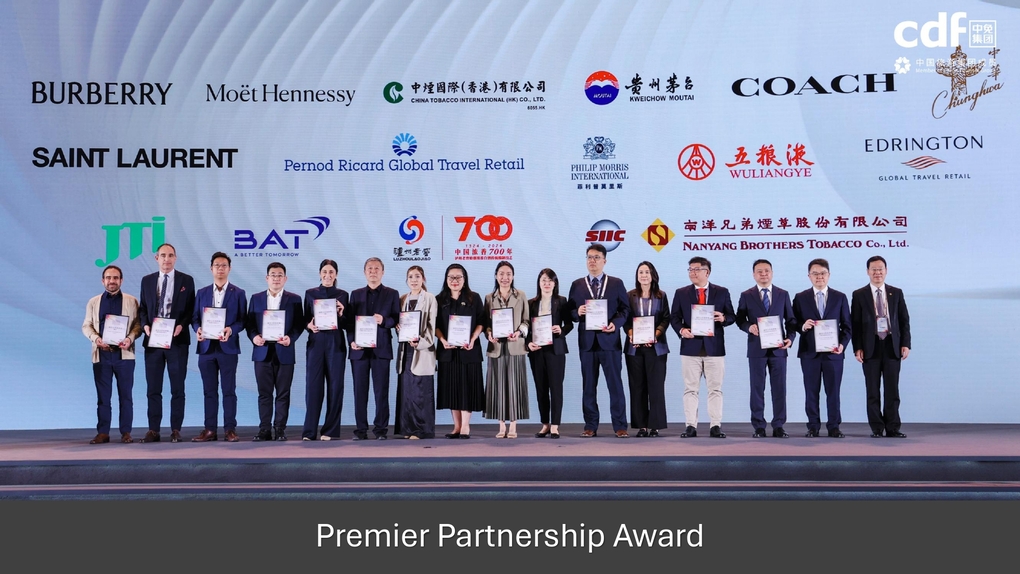Miami-based distributor InnoTRI describes itself as “travel retail evolved”. InnoTRI, it says, stands for ingenuity, alliance, value and boldness.

The company considers individuality a cornerstone of success and growth in travel retail. It is adamant that success can be fun and is convinced that innovation is the only way forward in the channel.
A focus on innovation is what sealed the company’s decision to become a Silver Partner at the inaugural Moodie Davitt Virtual Travel Retail Expo (#Virtual Stand WS-S18).

InnoTRI Co-founder and Manager Christoph Henkel said: “With traditional exhibitions and conventions currently not possible in our industry, we still want to make sure we are in touch with our existing and potential new clients and share innovation from a brand perspective.
“The Virtual Expo is pioneering this segment. This platform is new for all players in the industry so we need to participate to judge and value it. Put plainly, if we don’t show, we don’t know.”
InnoTRI, Henkel added, will be highlighting the latest expressions from its brand partners, with a spotlight on Cihuatán Xaman XO.
As reported, the XO, which is the first to be exported from El Salvador, was launched in travel retail earlier this year.


Described as the “ultimate ode” to the Cihuatán valley’s Mayan heritage, the rum takes its name from Xaman, god of the North Star and protector of the valley in local mythology.
Legend has it that under the veil of night, the Sleeping Woman would look for the brightest star in the sky. This was Xaman, god of the North Star. She would ask Xaman for wisdom and prosperity for the valley and its people. Xaman would then rest atop a sacred Ceiba tree. The Maya cherished the wood of their Ceiba trees and used it to craft items of protection for battle, charms to bring prosperity and vessels for travel. They also used the bark as food due to its medicinal properties. |
Henkel noted the success of previous launches including the first travel retail exclusive Obsidiana, which was revealed last year along with two limited editions, Nahual and Nikte.
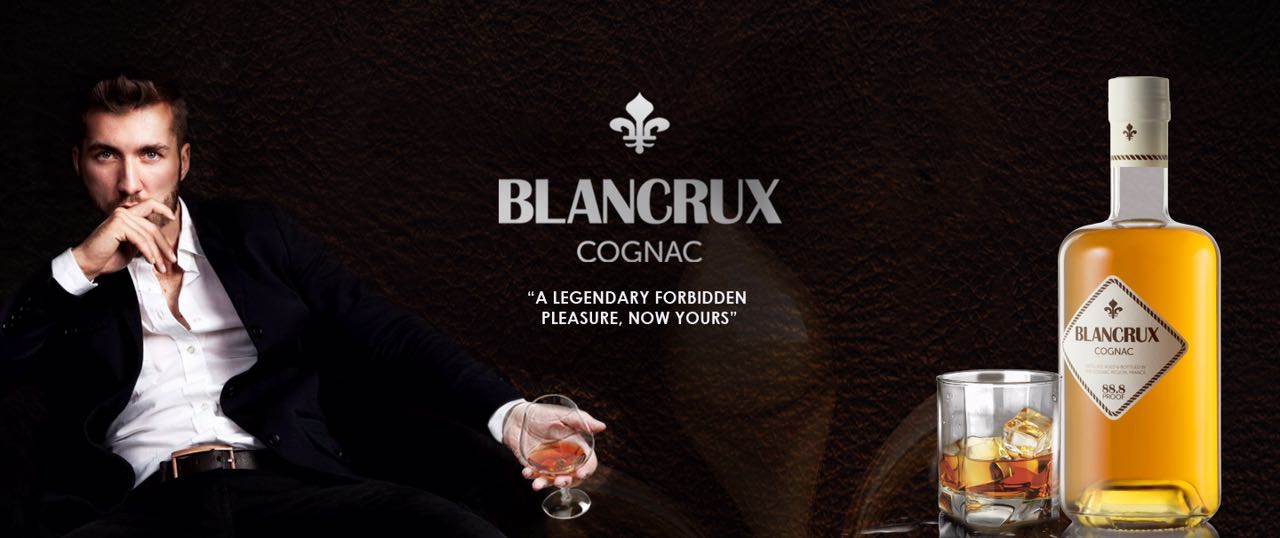
The company will also feature new campaigns for its travel retail exclusive Blancrux Cognac.
The brand was launched in 2016 in the Caribbean, establishing a presence in the domestic travel retail-dominated Caribbean market. Its fresh designs, according to InnoTRI, made it popular with millennials, Cognac connoisseurs and “Pure-ists” alike.

“I believe the key is to offer the consumer a mix of value and quality. The product has to convince in both aspects to be a winner” – InnoTRI Co-founder & Manager Christoph Henkel
Rum moments as Wilson takes full control of Moodie Davitt HQ Let me declare my bias right from the outset. I consider rum to be the most under-rated spirit on the planet, at its best every bit as good as, say, a fine whisk(e)y or Cognac. If you ever wonder what wine critics are on about when they talk about ‘mouth feel’ try this rum and you’ll know. An ode not just to the Cihuatán valley’s Mayan heritage but to the joy of great rum. |
InnoTRI feels the brands it represents in travel retail sets the company apart in these challenging times.
“InnoTRI’s portfolio offers a true boutique alternative to the existing suppliers in the market,” Henkel said.
“I believe the key is to offer the consumer a mix of value and quality. The product has to convince in both aspects to be a winner. Our portfolio offers a good mix of these two points and adds uniqueness to it as well.
“The travel retail environment has always been, and will always be, a place where you want to find something special; exclusive products with a story and quality but also expressions of brands that are growing in the domestic markets in a fast way. That’s the case for Cihuatán, for example, in the US, Canada, Germany, France, Czech, Switzerland, Italy, Denmark, Ecuador and others countries.”
A focus on digital media and brand awareness is a key priority at InnoTRI. “Ron Cihuatán has proven to have an excellent team that backs all our retailers with first-class materials that do make an impact in this platforms,” Henkel added.
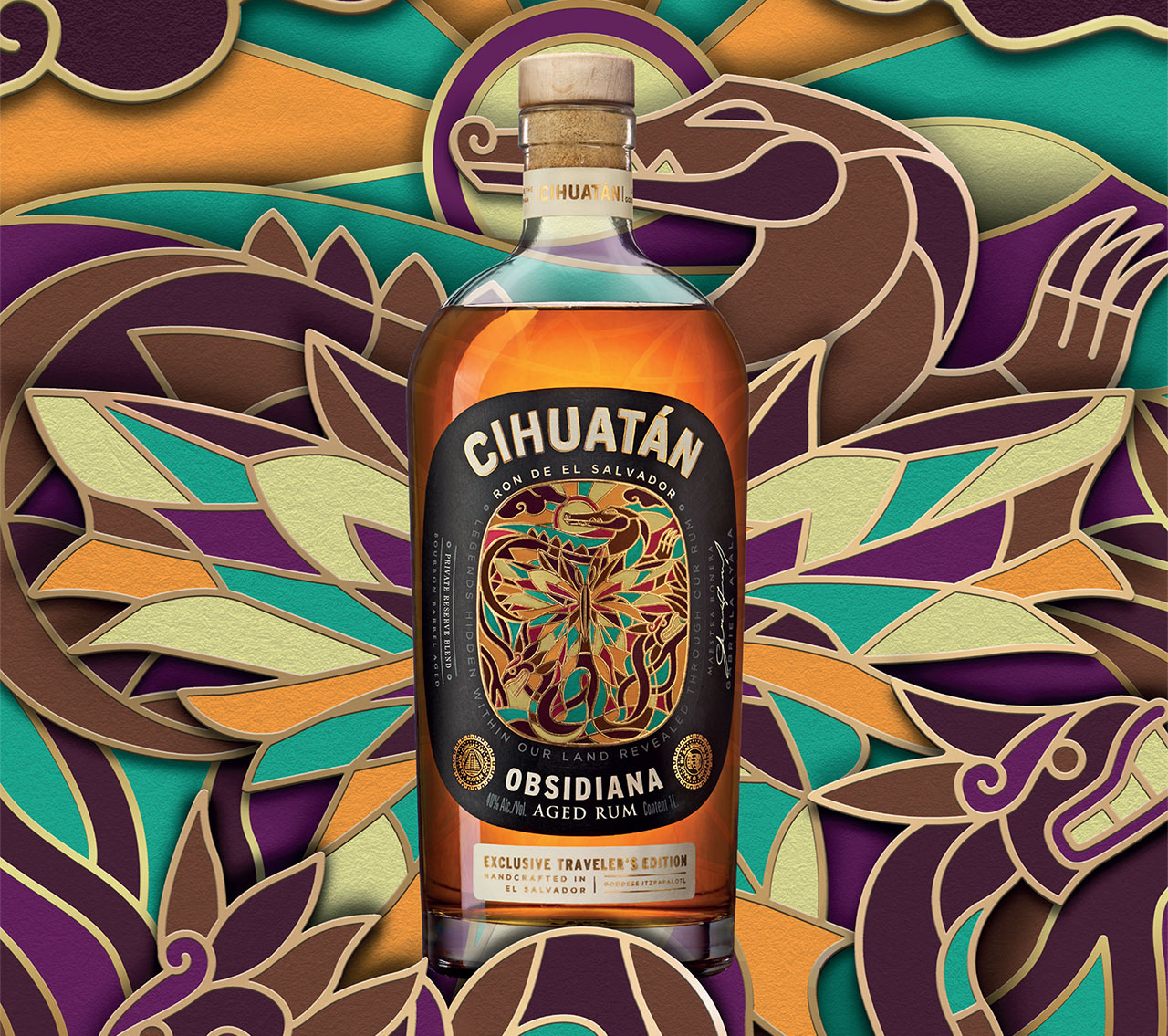
While InnoTRI maintains a global focus for Cihuatán, it also aims to launch Xaman XO in Asia and Europe.
“There are opportunities in the premium and ultra-premium market and we want to enter with a statement product. Xaman XO has all the qualities to deliver that: a great aged rum (16 years), unique mayan ceiba cask aging, and blending by Cihuatán Master Blender Gabriela Ayala, who will be an important part of the InnoTRI team at the Virtual Travel Retail Expo.”
Henkel also noted Obsidiana’s success in travel retail. “Its uniqueness, accompanied with a colourful vibe and mystical story centered around ancient travellers, makes this a perfect gift for the travel retail customer.”
The goddess Itzpapalotl, also known as the Obsidian butterfly, was the embodiment of Mayan Obsidiana. Her wings were said to be carved out of the precious stone and she would rise from the underworld to keep travellers company to protect them under her wings. |
Considering the impact of the COVID-19 pandemic on the wider industry, Henkel underlined the importance of a re-evaluation of spending and priorities from a customer perspective.
“Health and safety have become a major focus for both customers and retailers. The consequence is less to no interaction and little contact with sales staff. The emphasis now is even more on quality and less on quantity.”
Henkel believes the travel retail channel can make a sustainable recovery from the crisis. “We have to ensure that the customers feel safe and sound, possibly through investments by retailers in technologies to ensure that.
“I believe health and wellbeing can be promoted as a selling argument, with in-store digital experiences or innovative touchless tastings substituting in-store tastings. The focus on online sales support must be increased, along with home delivery offers and pre-engagement.”
“The target has to be clear. We can only come out of this crisis if we work together and we are all willing to compromise. We have to evaluate the business from different angles, but with the same target: creating value and excitement for customers and grow the business in a sustainable way.”
Industry partnerships, Henkel said, have taken a toll as a result of the crisis. “Everybody was/is in a survival mode which is only human or financially required due to the preservation of shareholder value. Lots of people have lost their jobs as a consequence of the pandemic and it will take some time to recover from this and build new personal relationships, which, in many cases, took years to build.”
Henkel suggested retailers should lessen their dependence on a “few major multinational companies” and team with independent brands to improve future negotiations.
“The target has to be clear,” he added. “We can only come out of this crisis if we work together and we are all willing to compromise. We have to evaluate the business from different angles, but with the same target: creating value and excitement for customers and grow the business in a sustainable way.”
Henkel believes post COVID-19 travellers will be looking for fresh options in the spirits market. “Wanting to sell only bestsellers, and not considering the customer looking for innovation, would result in loss of sales and creating an image of not having the latest products,” he said.
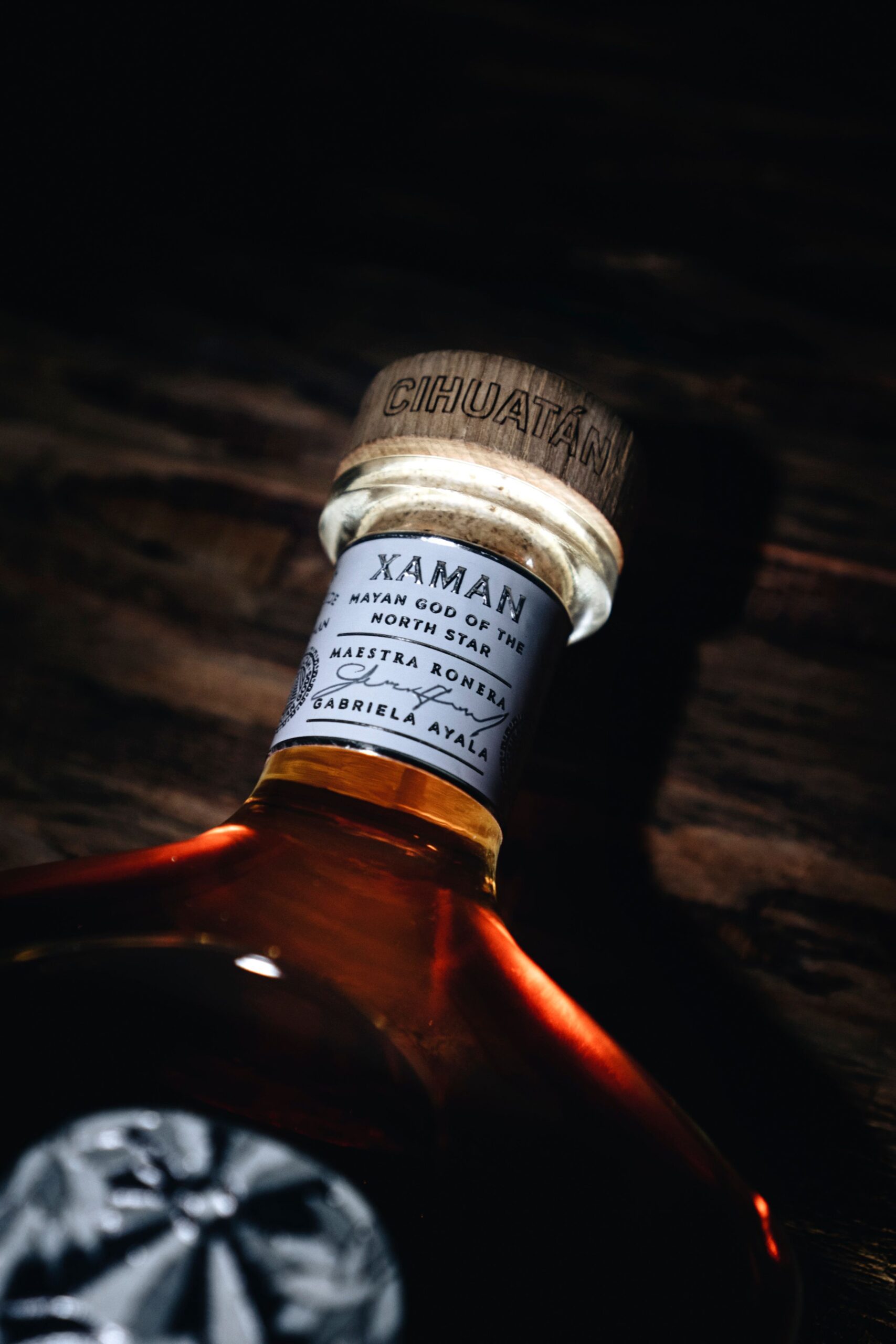
“Craft products in particular stand for quality; and quality is equal to higher standards in production and better raw materials used. The consumer sees this as reassurance not to compromise and deliver only the finest product. High standards, from both health and product standpoints will define the new norm,” Henkel added.
“With travel picking up again consumers will be hungry again for local and regional brands as part of the memory building. Emerging brands represent the innovation part of the business. If a liquor brand does not have the right to promote through, for instance, tastings, then it has to come up with answers.
“So innovation is the way forward.”


 Cihuatán Xaman is a story teller, highlighting the tale of the Sleeping Woman, a Mayan goddess and guardian of the Cihuatán valley.
Cihuatán Xaman is a story teller, highlighting the tale of the Sleeping Woman, a Mayan goddess and guardian of the Cihuatán valley.
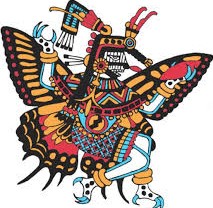 Obsidiana takes inspiration from the legend of Mayan Obsidiana, an enigmatic stone forged by the fire of godsent lightning.
Obsidiana takes inspiration from the legend of Mayan Obsidiana, an enigmatic stone forged by the fire of godsent lightning.